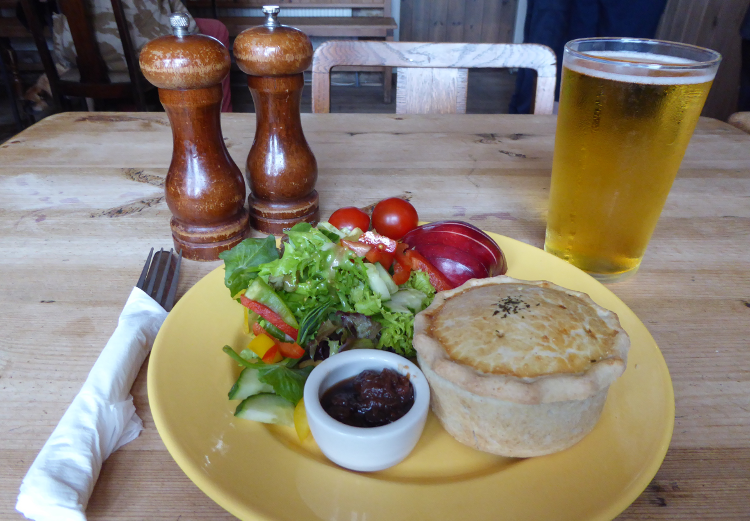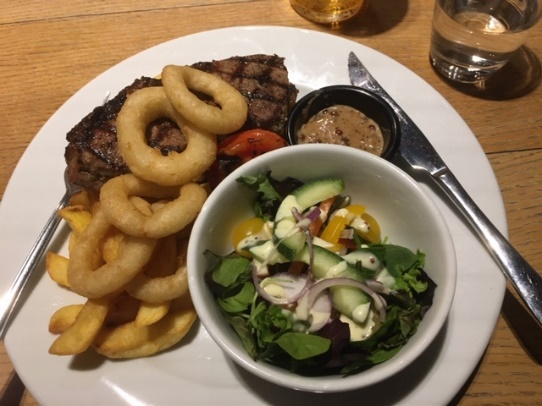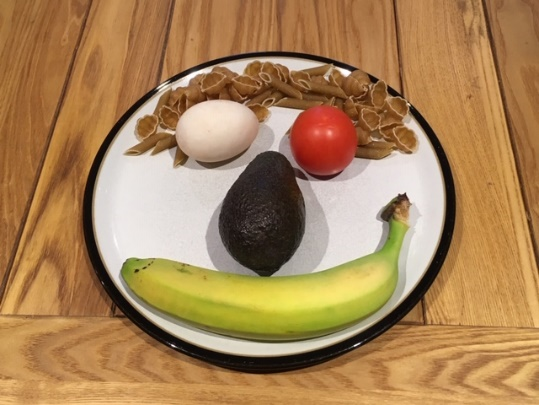High carbs vs low carbs vs no carbs
Temper your diet with a solid knowledge of carbohydrates. Neil Cooper discusses when and why to increase and decrease carb consumption.
High carbs vs low carbs vs no carbs
https://contoursrun.co.uk/high-carbs-vs-low-carbs-vs-no-carbs
For a number of years, there has been lots of debate over the value and dangers of carbohydrate reduction diets. Most people will have heard about the Atkins diet, high fat diets or the keto diet, but the amount of contrasting information widely available from the internet and social media can be confusing.
So, what is the truth and what is just advertising to sell books? Read on and I will hopefully answer some of your questions in a very simple and easy to understand way.


I am not going to tell you that any of these diets are fundamentally wrong. There is a lot to be said for thinking about what we eat; however, it’s important that we don’t get overly hung up on food. Our eating habits should not be driven by guilt or being overly obsessive about what is good and what is bad. That is how many diets become so popular: they prey on a need for a wrong and right approach to food.
The truth is, we all need food to survive, function properly and be happy. Like everything in life, a balanced approach is the best approach. The clue comes from the origin of the word diet. It comes from the Greek root word diaita, which means to live one's life, and from the Latin root word diaeta, meaning a manner of living. Therefore, don’t think about food consumption in isolation: also consider your lifestyle.
Having said all of this, I can give you some advice on how to adapt your food intake to achieve a happy balance.

Carbohydrates are getting a pretty bad reputation from a number of diets, but the fact is, we need them! Carbohydrates are basically fuel. How much we need them depends on our lifestyle, our gender and age.
The fact you are reading this on an active holiday site tells me you are probably an active person, and therefore you need extra energy for that activity. While you can train your body to be more effective at burning fat to fuel your activity, you will still need some carbohydrate. The more exercise you do, the more fuel from carbs you need.
So, if you are doing lots of exercise, like you will be on your active holiday, increase the amount of carbohydrates you consume. If you are doing less exercise, while on a rest day or if injured, then reduce your consumption of carbs.
Women need more carbohydrates than men, particularly menstruating women.
Another thing to consider is the timing of consuming carbs.
For many people, their major carb consumption is during the evening meal. If you look back to when I said that carbohydrates are a fuel, you can compare this to putting fuel in your vehicle. The obvious time to fuel your car is before a journey and you continue to keep your vehicle fuelled during the journey.
Our bodies are no different. If you are training mid-morning, it makes sense to have some carbs for breakfast, prior to training. Unless you are training after your evening meal, it might be worth thinking about having more carbs earlier in the day and then consuming fewer during your evening meal.
If you are exercising for a long time, such as over an hour, then you should top up your carb levels as you go. The key tip is to fuel little and often throughout your training session. Don’t wait until you need the fuel as it will be too late.

A small amount of carbs within 20 minutes of finishing your training or an event is also a great habit to get into to aid recovery. The ideal ratio is four carbohydrates to one protein. You can purchase specific products, or a half a pint of milk and a banana will do the trick.
In real terms, what are the best carbs for you to consume?
Quite simply, the less processed the better. Go for vegetables, fruits, legumes, seeds, whole grains, nuts and tubers. Whole grains include brown rice, oats and quinoa.
During exercise, there are plenty of products that are easy on the stomach to keep you fuelled, such as jellies or gels.
• Carbs are a necessary fuel.
• Consider varying your carb intake in line with how active you are at that time.
• Don’t obsess about carbs. Life is about balance so there is nothing wrong with treating yourself.
• Enjoy your training and food in moderation!
